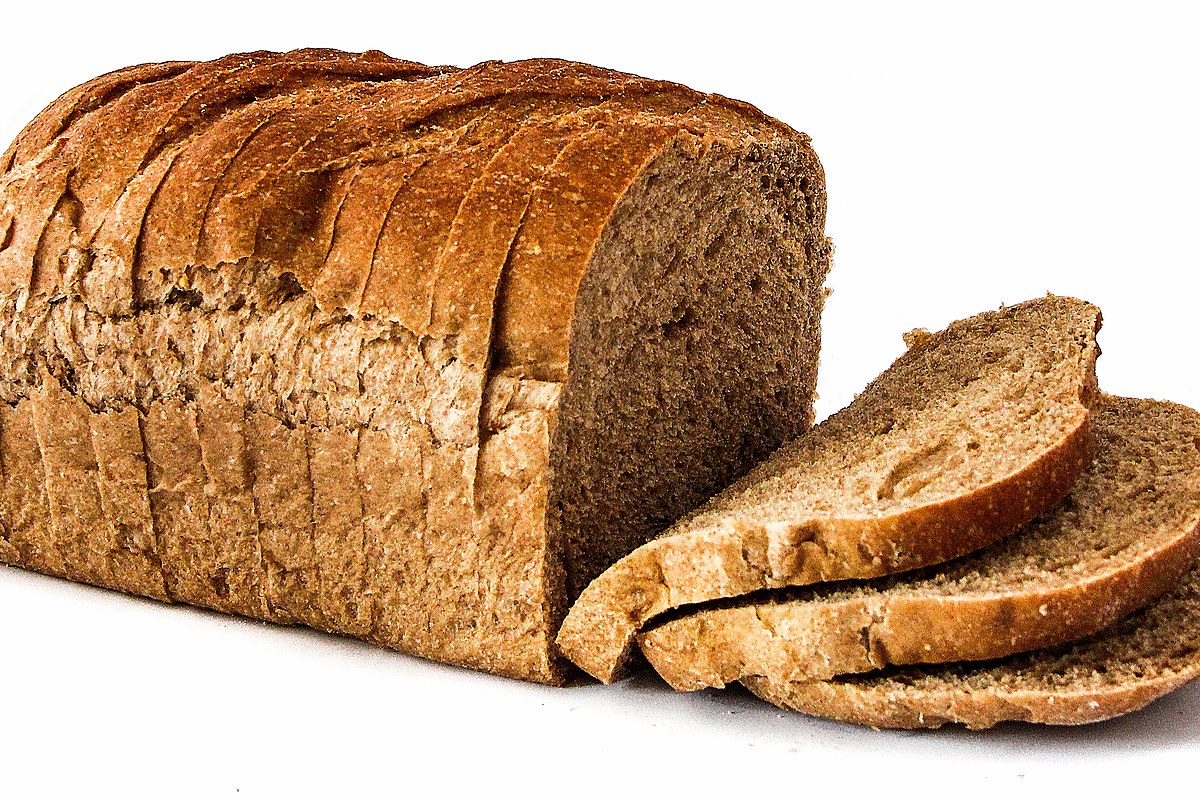1. In the opinion of many Catholics who have more authority than you on the matter.... so differ all you want.
Got any
actual evidence, though? All of your points have been opinion so far.
2. Let's start with an easy example. Christmas. Chopping down a tree, putting it in your house and decorating it, and then claiming it's about Jesus's birth.... definitely not scriptural.
We don't claim it's about Jesus' birth. The crib, all that, that's about Jesus' birth.
Research the origin of the tradition. Pagan, yes, and to do with the Winter Solstice and the promise of New Life ... so the evergreen is a fitting symbol, but that's all it is.
"This therefore hath seemed good to me, that a man should eat and drink, and enjoy the fruit of his labour, wherewith he hath laboured under the sun, all the days of his life, which God hath given him: and this is his portion. And every man to whom God hath given riches, and substance, and hath given him power to eat thereof, and to enjoy his portion, and to rejoice of his labour: this is the gift of God. 19 For he shall not much remember the days of his life, because God entertaineth his heart with delight." Ecclesiastes 5:17-19
So if a family delights in the Lord, and decorates the house with the symbols of renewal, of new birth, and new hope, then that is no offence to God as I understand God to be ... and yet if that tree should remind us of the tree in the midst of the garden, and bring to mind our sin, then all the betters, and if that tree should stand for the tree on which He was hung (cf 1 Peter 2:24], then better still ...
It really depends whether one can see past one's nose.
Feel free to show the verses that defend that Pagan tradition.
"For he that is not against you, is for you." (Mark 9:39, Luke 9:50).
I would ask you to read Matthew 8:5-13 and/or Luke 7:1-10 – the healing of the Centurion's daughter. The centurion is a pagan, and furthermore an oppressor, an enemy of Israel. Two points of note:
1: Jesus says: "I tell you, I have not found such great faith even in Israel." (Luke 7:9)
2: The centurion's words: "I did not even consider myself worthy to come to you. But say the word, and my servant will be healed." (Luke 7:7)
These words are so profound they have found their way into the Catholic Liturgy, and rightly so – they sum up the expression of faith, hope and trust, and whoever displays such, is welcome in the House of the Lord, and the Lord will work wonders for him.
You already proved that Good Friday is not a scriptural Catholic custom, so that's one down.
Nope. I've suggested it's an open question. My word isn't proof of anything.
3. So many of these people, including Popes, have been wrong?
No-one's infallible ... not even popes.
But you're not? Makes perfect sense. Can't believe I disagreed with you.
Well that's not for me to say, but I can understand why.
My daughter was doing a degree in Philosophy. Her friend was doing a degree in Theology. She asked my daughter if I could answer some questions on Church doctrine. So I did.
Apparently, her friend said, "Is your dad God?"
To which my daughter replied, "No, but I think they talk a lot."

+++
On a general note, I supply Scriptural evidence in support of my arguments, what do you offer?
 www.interfaith.org
www.interfaith.org
 www.interfaith.org
www.interfaith.org


